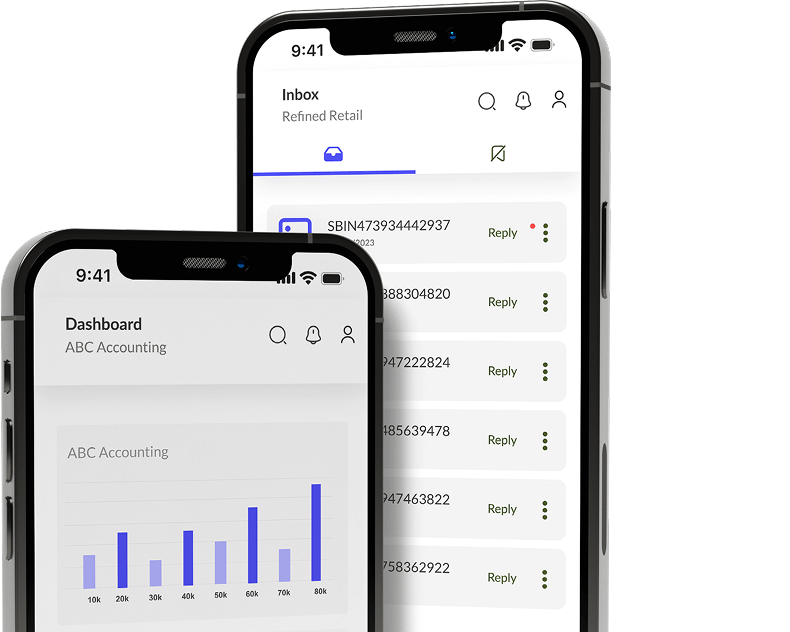Taxes.
For most people, especially in India, it's a topic that feels complicated. Maybe even boring. But it's also one thing almost everyone deals with as an adult. And yet, strangely, no one learns about it in school.
Think about that for a second. Kids graduate knowing algebra and history (good stuff, no doubt). But they step into the real world with no clue how taxes shape their salaries, purchases, and financial choices. That's a problem.
It's time we asked the uncomfortable but necessary question: Should taxation be taught in Indian schools right from a young age?
Yes, but let's unpack why this makes sense.
It gives kids real-life financial skills.
Kids grow into adults who earn salaries. But ask any young Indian what their first payslip meant, and chances are, they were confused. Why is a part of the salary going somewhere else? What’s TDS? What's GST?
If kids learn basic tax concepts early, these shocks vanish. They'll learn how taxation affects daily spending and savings. They’ll understand what GST on their snack actually means or why adults stress over income taxes.
That’s practical knowledge they’ll carry into adulthood.
It builds responsible taxpayers early.
Tax evasion is common in India, not just because of greed, but also confusion and mistrust. Most Indians see taxes as something imposed, not something shared. Why? Because the education system never explained taxes clearly. Or even at all.
If kids understood early that their taxes build schools, hospitals, roads, and parks, maybe attitudes would shift. Taxes might become less about a burden and more about contributing to the community. That could help reduce evasion.
It empowers young citizens.
Imagine teenagers debating how the government uses their family's tax money. That's not just empowering, it's transformative. Understanding taxation helps youth engage deeply in democracy. They start demanding transparency and accountability from leaders.
This could trigger a generation of young Indians who ask tough questions, participate actively, and vote thoughtfully.
It creates fairness in education.
Financial knowledge is not equally accessible in India. Wealthier kids learn financial management at home. Lower-income kids rarely do. Teaching taxation at school levels is a playing field. Every kid, no matter their background, would get essential financial literacy.
That’s genuine empowerment.
It could positively impact the entire economy.
When people understand taxes better, compliance usually improves. More compliance means more funds for public infrastructure and services. Better roads, healthcare, schools, and public facilities become possible because tax money is available.
But let’s be clear. This isn't an easy fix. It could easily go wrong if not implemented thoughtfully.
There are real challenges:
Teachers aren't ready yet.
Many schools, especially in smaller towns or villages, struggle with even basic infrastructure. Adding taxation without proper teacher training might lead to misinformation or confusion.Students might get overwhelmed.
Indian school kids are already juggling many subjects. Adding taxation might create more stress. We must carefully integrate it, perhaps within math, economics, or social studies, instead of a standalone subject.Risk of implementation inequality.
Wealthier urban schools might quickly adopt taxation modules, but rural or poorer schools might struggle. Without uniform implementation, the knowledge gap might actually widen.
So, what’s the right approach?
Make taxation a part of existing subjects. Math classes can teach basic tax calculations. Economics or civics can explain why taxes exist. Real-life projects or simulations, like mock tax returns, could bring clarity without overwhelming kids.
Proper teacher training is crucial. Teachers need resources, clear guidelines, and ongoing support.
And importantly, the education must remain neutral, free from political bias. Kids should learn facts, not opinions.
Bottom line:
Teaching taxation won't solve all our problems overnight. However, it's a powerful first step toward nurturing financially savvy, responsible, and informed citizens. The benefits clearly outweigh the challenges—if we plan carefully.
It's not flashy. It's not trendy. But maybe it’s exactly the kind of change our education system needs right now.
So, what do you think?
Should we bring taxation into schools, or are we missing something critical?
Let’s talk.




